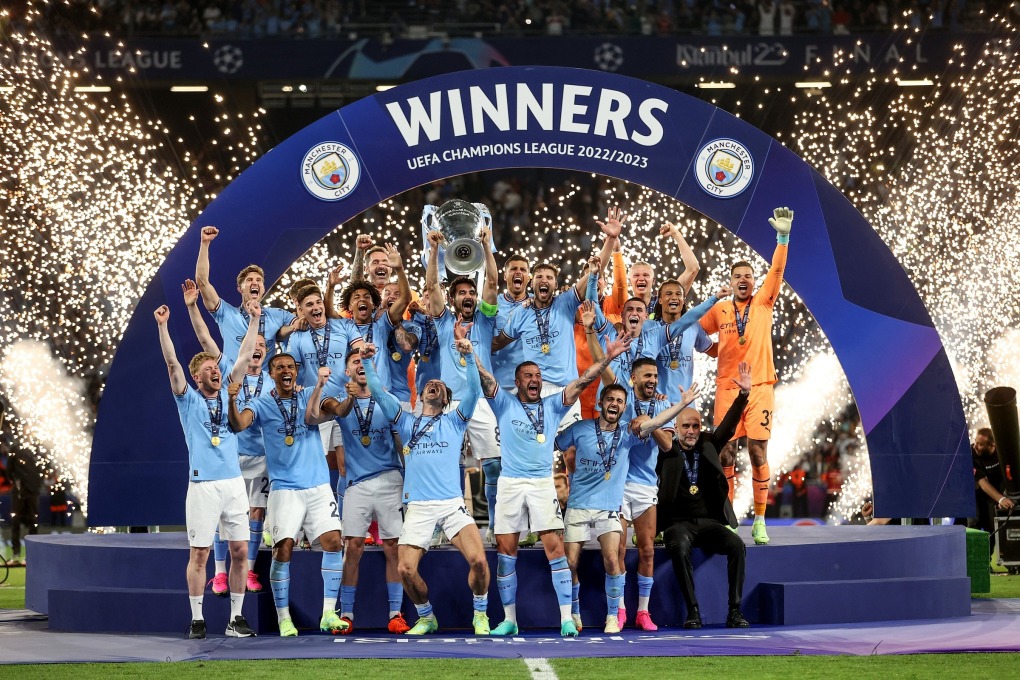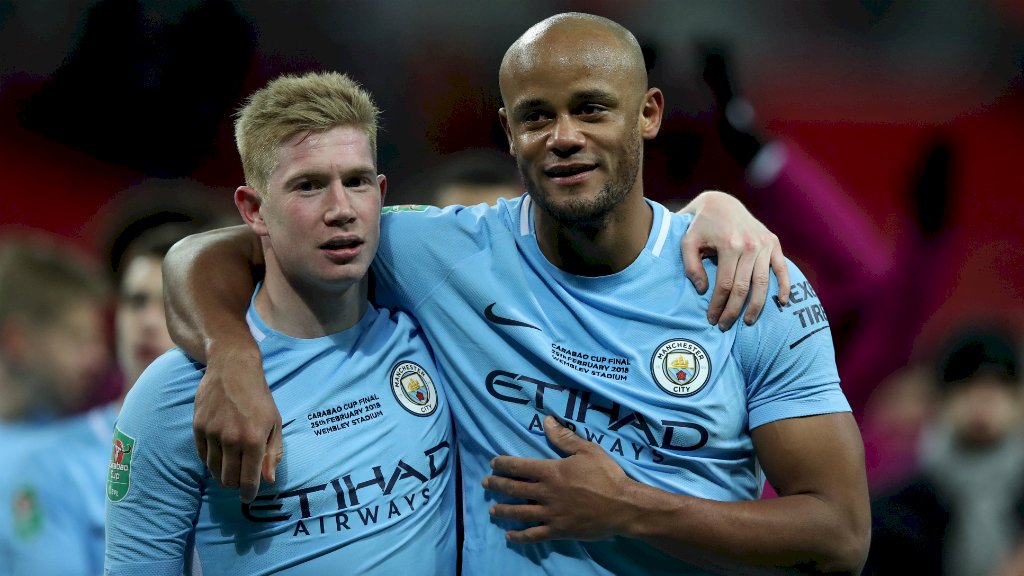In a surprising turn of events, Manchester City’s head coach, Pep Guardiola, recently disclosed the reasons behind the club’s decision to halt negotiations for a contract extension with Kevin De Bruyne, despite the Belgian star’s status as a senior player and a beloved hero at the club.

Kevin De Bruyne, often hailed as one of the finest midfielders in the world, has been an integral part of Manchester City’s success over the years. His skill, vision, and leadership on the field have made him a fan favorite and a vital component of the team.

Guardiola’s revelation sheds light on the complexities of contract negotiations in modern football. While De Bruyne’s contributions to the club have been invaluable, several factors can influence contract discussions.

One possible reason behind the pause in negotiations could be the club’s financial considerations. In an era of Financial Fair Play regulations and economic challenges brought about by the COVID-19 pandemic, clubs must carefully manage their finances and wage structures to remain competitive and compliant with governing bodies.

Another factor to consider is the player’s own preferences and career ambitions. De Bruyne may have specific goals or aspirations that impact his contract decisions, such as seeking a new challenge or assessing his market value in a dynamic transfer market.

Guardiola’s disclosure highlights the complexities and intricacies involved in contract negotiations at the highest level of football. It serves as a reminder that decisions regarding player contracts are not solely based on performance but also take into account financial prudence, the player’s own aspirations, and the club’s long-term strategies.
